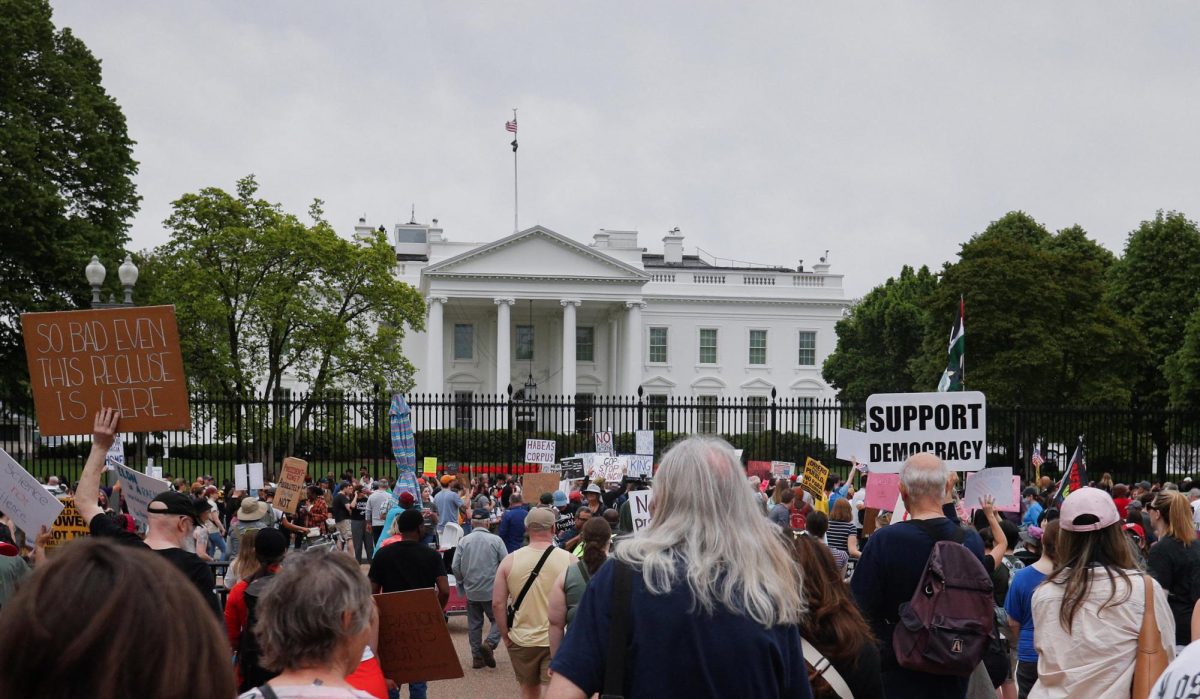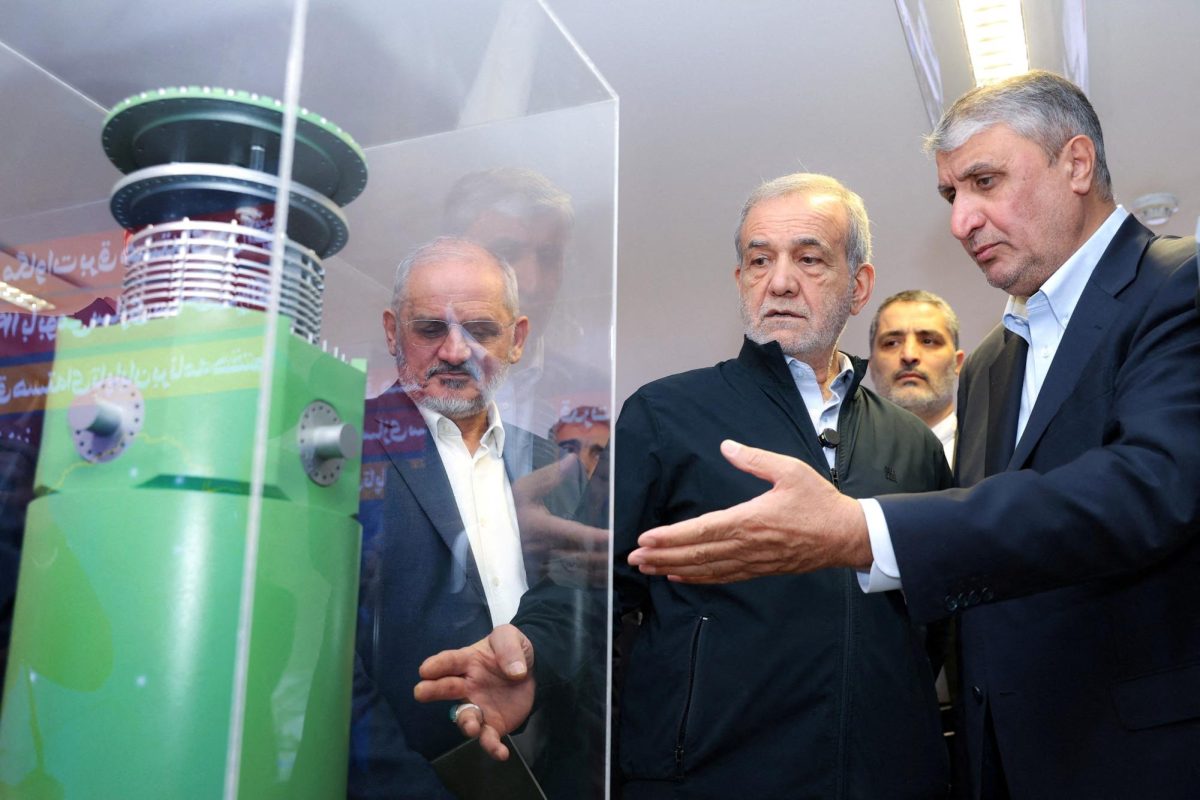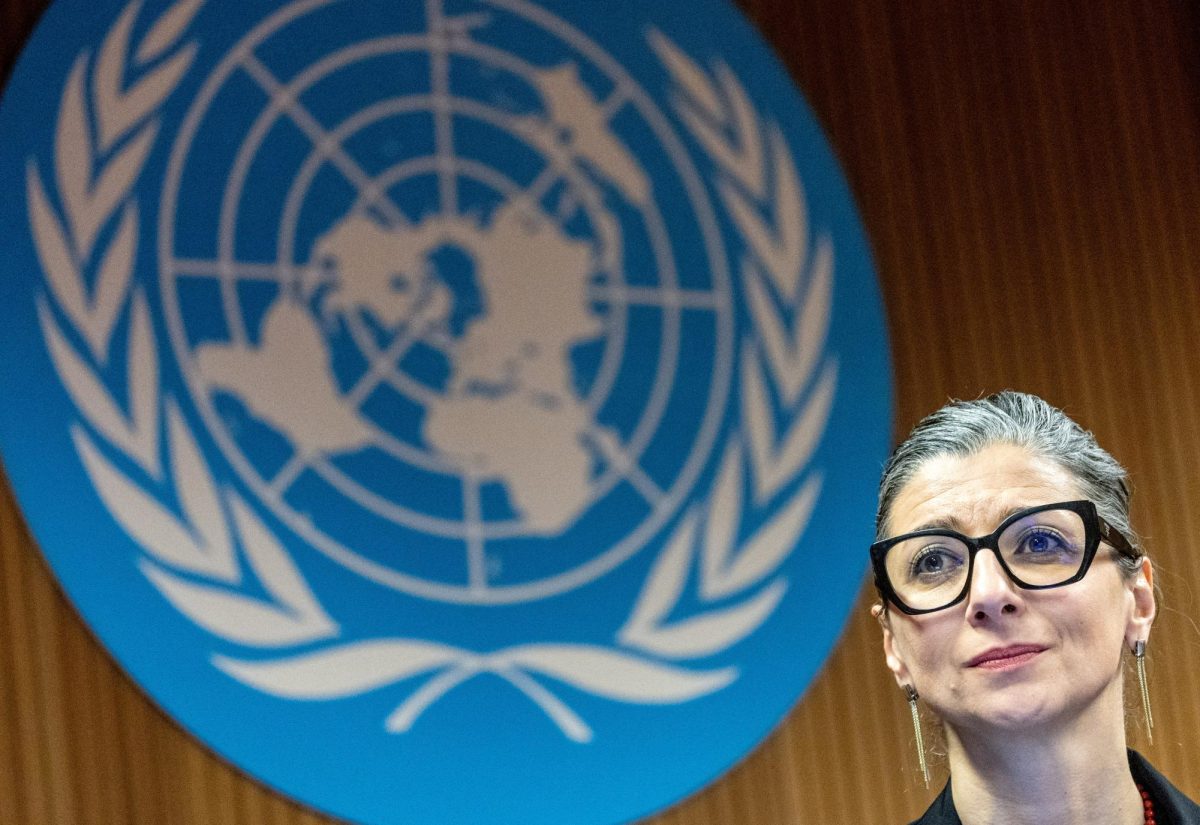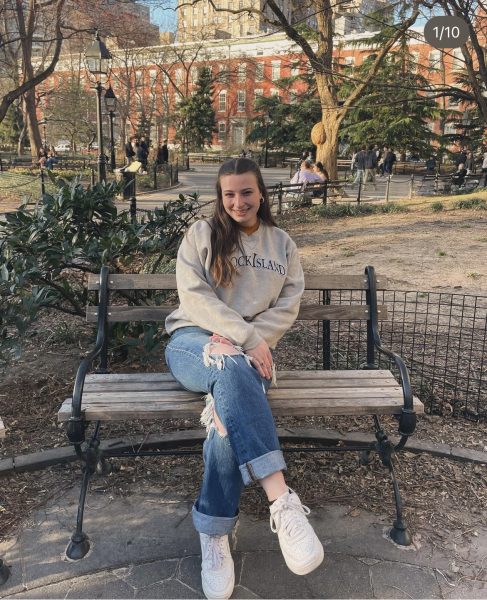Most students at CNU are familiar with Shoe Lane. Whether they have just driven by or taken a walk down it on a nice evening, it is a constant in the lives of the CNU community. However, there is a deep and important history behind Shoe Lane that some may not know. Christopher Newport University held a discussion about Shoe Lane last Wednesday, Nov. 8, open to students, faculty, and community members.
The talk started with an introduction from President William Kelly. “Today, the university is in listening and learning mode,” he said. He then welcomed the moderator, Regina Brayboy, a member of the CNU Board of Visitors and Chair of the President’s Council on Diversity, Equity, and Inclusion. There were three main questions that Brayboy asked the panelists. The first: “What happened on Shoe Lane?”
In response to the question, CNU History Professor Dr. Phil Hamilton discussed how the racial tensions of the 1960’s played a crucial role in the location of the campus. He spoke about his research findings, which included learning that the land was owned by a thriving black community that dated back to the 1880s. In the early ’60s, the all-white Newport News City Council took the land via eminent domain in order to remove the African-American neighborhood and also stop William Walker, an African-American real estate agent, from building a new housing development on the property. Hamilton added that another reason for wanting to eliminate the middle-class black neighborhood was due to not only being located in a predominantly white area of Newport News but also the neighborhood’s proximity to the then all-white James River Country Club.
There were also many other locations for the college, including the location where Todd Stadium currently is, which the owners were willing to sell at the time, Hamilton pointed out.
The second question asked was, “How was the established community impacted by the location and expansion of CNU?” Pastor William Spencer of First Baptist Church Morrison reminded the audience of the sheer sacrifices the people who lived in this neighborhood had made. They had worked incredibly hard to achieve the opportunity of purchasing land and buying a house, just to have it taken away from them. Although the expansion of CNU may have had economic benefits for the city, “The question we must ask is at what cost…and do the benefits outweigh the costs…it’s more than the cost of dirt being dug out of the ground, it’s more than the cost of bricks and mortar going up,” he said.
The last question panelists were given was, “Why does this history matter today and what steps, if any, should the university, the city, and concerned citizens be considering as we advance forward?” Audrey Perry Williams, President of the Hampton Roads Association, suggested the university have incoming freshmen take a required course that looks into Shoe Lane as well as other areas to have conversations and projects about how CNU can be directly involved in “healing, repairing, and creating opportunities for justice,” Williams said.
After the questions, audience members were allowed to ask questions to panelists or comment on something said earlier. The panelists also included CNU Geography Professor Dr. John Finn and Dr. Cassandra Newby-Alexander, a Norfolk State University historian with expertise in displaced neighborhoods. Many people took advantage of this opportunity to share their thoughts and concerns.
President Kelly discussed the talk in his weekly email, writing, “For the immediate future, we will continue listening and learning. Then, we will take steps that lead to healing and understanding, steps that we will take with grace and resolve,” he said.




